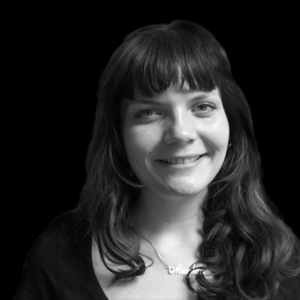Callaghan: New group formed after Bill McKibben’s speech opposes fossil fuel funding
To divest is to remove investments of property, authority or title from a person or group. Unfamiliar vocabulary is one of the first hurdles of Syracuse University’s Fossil Fuel Divestment Campaign, but this new group is making strides.
The FFDC formed a month ago, following Bill McKibben’s Oct. 10 speech, to tackle the university’s hand in climate change. At the event, McKibben endorsed the goals of his organization 350.org, stressing the pinnacle point of university divestment from fossil fuel corporations.
For SU and a string of other colleges across our nation, these investments come from an endowment — money donated, most commonly from alumni, to be managed by a financial committee. McKibben argued though our colleges are making changes toward a sustainable future, having investments in fossil fuels only bolsters corporations that increase climate change.
This is where the FFDC comes in. The group, comprised of Eco-Reps at Syracuse University, United States Green Building Council at Syracuse University and ESF’s Green Campus Initiative (which I am a part of), has drafted three points: to make our endowment transparent, halt any new investments and complete divestment.
Unless you’re in the financial world, “divestment” and “endowment” may sound a little foreign. Even as climate change is a highly publicized issue, there are still people out there who are not familiar with what the process actually means. For the FFDC, education will be paramount in mobilizing the student body.
At the same time, the group needs to work with administration — the key phrase being “work with.” FFDC is in it for the long haul, compromising immediate action for a transition to viable solutions. Working with the administration, investments can be taken out of fossil fuels and put into alternative investments, such as green jobs or local businesses.
The two prongs of the campaign, the gathering of student involvement and working with the administration, can lead to change on our campus.
Work is even being done to assess the State University of New York College of Environmental Science and Forestry’s investments.
The reality is that there is truth on both sides of the fence. We need stable finances, but we also need a world to live in. If we can work to address climate change, let’s work in every sector: Stop investments, create green infrastructure, use alternative energies and renew our relationship with the earth.
In all seriousness, there is little point to getting our degrees if we lose our planet. We’re not all going to be able to move 7 billion people to Mars, or build an underwater community in the style of Sealab 2020.
With 392 parts per million of carbon dioxide in our atmosphere when scientists’ consensus says 350 is the safest amount, we need to diversify our strategies to reducing fossil fuel consumption and slowing climate change.
The Fossil Fuel Divestment Campaign is leading this movement on our campus. If you’re interested, attend the next meeting this Friday at 3 p.m. in Hinds Hall, room 347. See you there.
Meg Callaghan is a junior environmental studies major and writing minor at SUNY-ESF. Her column appears weekly. She can be reached at [email protected].
Published on November 7, 2012 at 2:59 am





